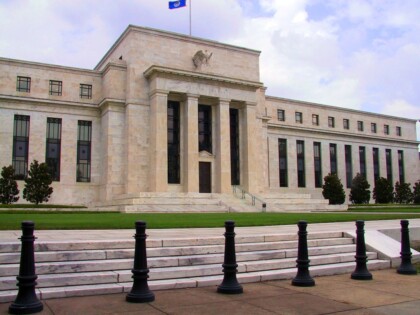
The Canadian federal government has been apprehensive towards bitcoin. Not only have several officials called the peer-to-peer decentralized virtual currency as a risk and threat to the financial stability of the country, but have also identified bitcoin as being affiliated with criminal activities and illicit transactions.
Earlier this year, the Canada Revenue Agency (CRA), the tax collection agency in the Great White North, confirmed that tax rules apply to bitcoin and it would be subjected to barter transactions and capital gains taxes.
Last week, Governor General David Johnson provided his royal assent to Bill C-31, a piece of legislation that would institute several regulations for bitcoin and other digital currencies, which was actually first observed by Christine Duhaime, B.A., J.D., Financial Crime and Certified Anti-Money Laundering Specialist
One of the key changes is that businesses that deal with virtual currencies must maintain in-depth record keeping, undergo verification procedures, report suspicious transactions and register under the Proceeds of Crime Money Laundering and Terrorist Financing Act (PCMLTFA) as a money services business.
Also, bitcoin businesses must register with the Financial Transactions and Reports Analysis Centre of Canada (FINTRAC) entities to file anti-money laundering documents.
Financial institutions will not be permitted from creating bank accounts and maintain client relationships with businesses that have not registered with FINTRAC. In addition, Bill C-31 hones in on Canadian virtual dealers and foreign bitcoin companies that serve Canadian clientele.
“Part of the concern with such laws is whether they strike a balance between combating financial crime and supporting innovative technology development,” said Duhaine. “The concern is that venture capital for Bitcoin start-ups may dry up if legislative obligations prove to be too onerous or expensive.”
Although the legislation has been given royal assent, the parliament is the entity that establishes dates. The next process will be to draft the regulatory process: producing guidance for regulations, instigate a consultation process, create a comment period for bitcoin rules and drafting. This could take anywhere between six months to a year.
Despite Canada being ranked second in terms of capital investment in bitcoin operations, the government and financial institutions remain hesitant. The Bank of Montreal, for instance, shut down bitcoin-related business accounts, while the Royal Bank of Canada also was reported to have closed down several bitcoin accounts.
Many in the Canadian bitcoin community say this is a step in the wrong direction, but a report authored by the Montreal Economic Institute averred that bitcoin can only grow with government involvement and regulations.
Bitcoin Foundation Canada responded to this report by telling the think-tank that it would prefer the federal and provincial governments to remain at a distance from the affairs of the bitcoin industry. It essentially stated that governmental intervention is not required for bitcoin development and acceptance.







